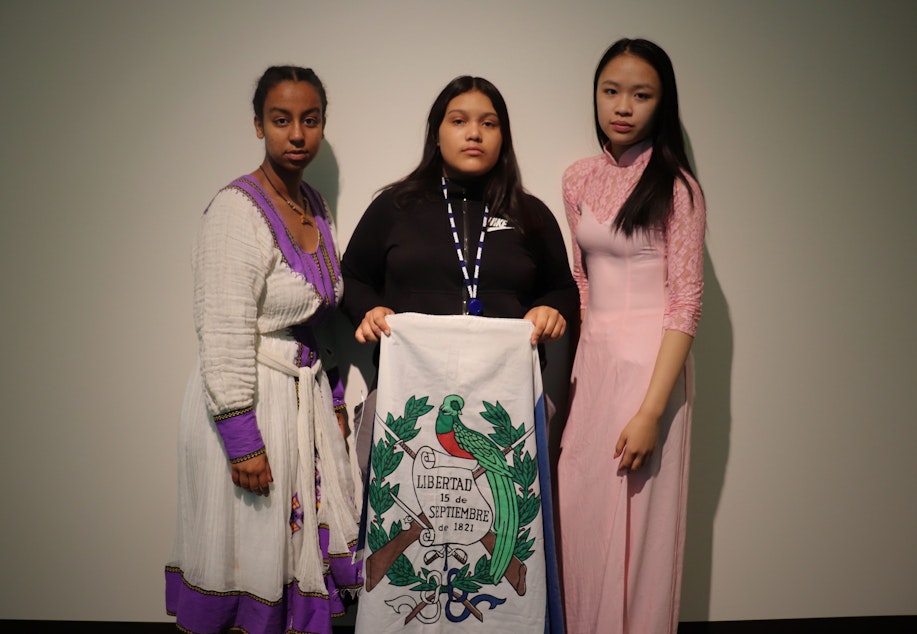The line between cultural appropriation and appreciation: 'It's all about power'

Ariana Grande’s barbecue grill tattoo.
$75 bonnets sold by a white woman.
Japan’s Chicano subculture. Where is the line between cultural appropriation and appreciation?
Ariana Grande came under fire for a tattoo on her hand that was supposed to pay homage to her single '7 rings.' Instead, the tattoo says "shichirin," or "small Japanese barbecue grill."
In a series of now deleted tweets, the singer explained that it was done out of "love and appreciation."

Cultural appropriation vs. appreciation
Culture is one of the strongest parts of who we are. It makes up a huge part of a person's identity, and encompasses the languages they speak, the clothes they wear and even the morals and beliefs they hold closely.
Sponsored
Imagine your college roommate starts speaking like you. You begin hearing your slang and the rhythm of your speech come out of their mouth. They start buying clothes like yours, and even change their hairstyle to match yours. You overhear the compliments they receive for their new "look."
This is a way to think about cultural appropriation if you haven't heard or experienced it. But what does this look like in real life? What happens when someone doesn't intend to offend, like Ariana Grande? Does intent matter?
RadioActive's Hong Ta, Essey Paulos and Michelle Aguilar Ramirez delve into this issue by talking to experts, asking Seattleites and bringing their own cultural experience to the table.
This story was created in KUOW's RadioActive Intro to Journalism Workshop for 15- to 18-year-olds, with production support from Zuheera Ali. Edited by Lila Lakehart.
Find RadioActive on Facebook, Twitter and Instagram, and on the RadioActive podcast.
Sponsored
The RadioActive theme song is by Prod Riddiman, Fabian Hernandez and Inline Sound Design.

